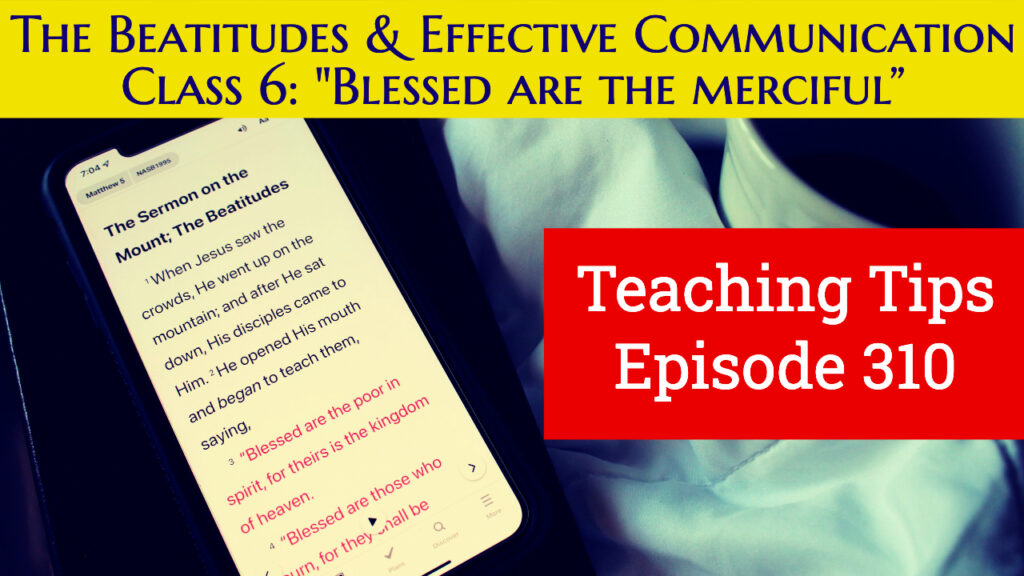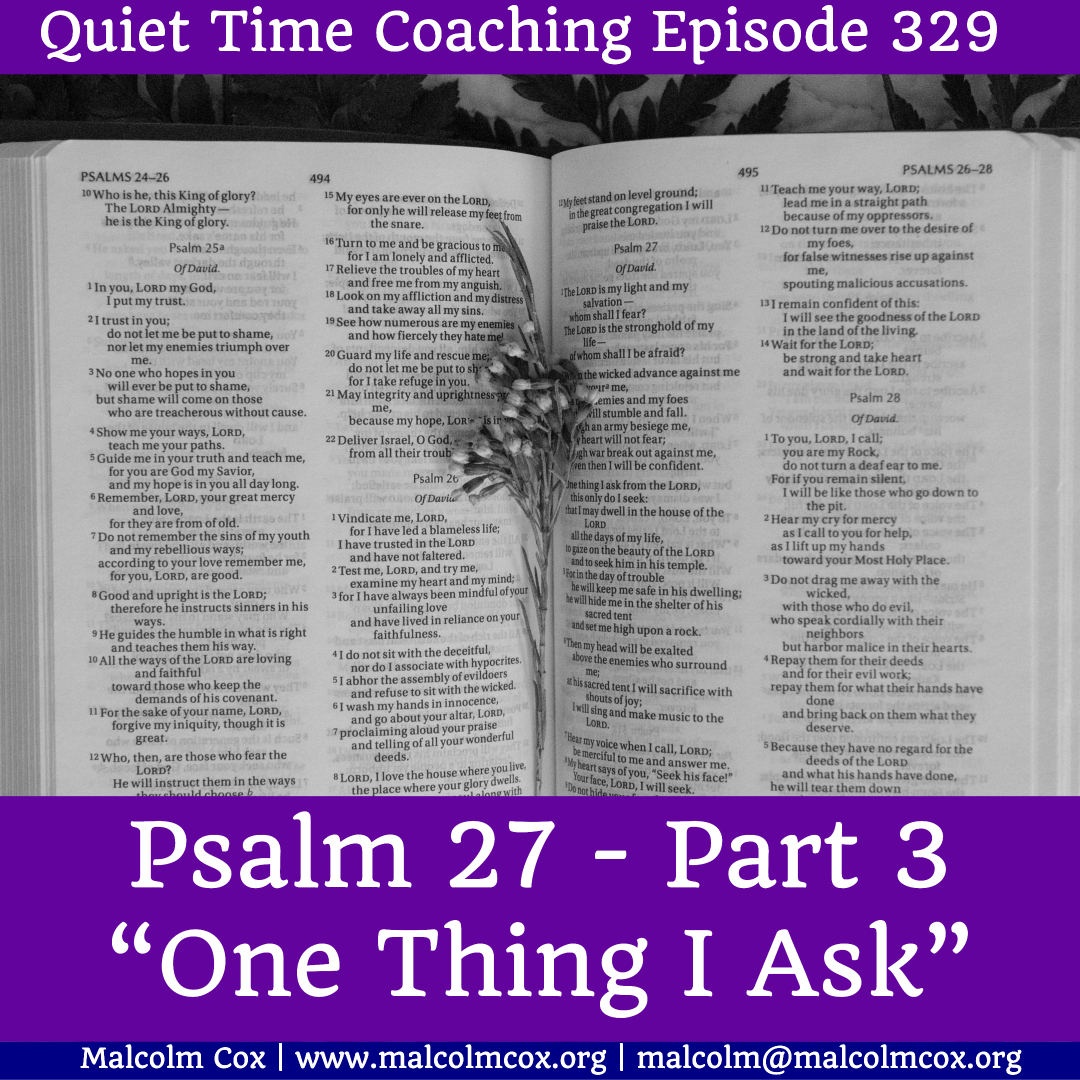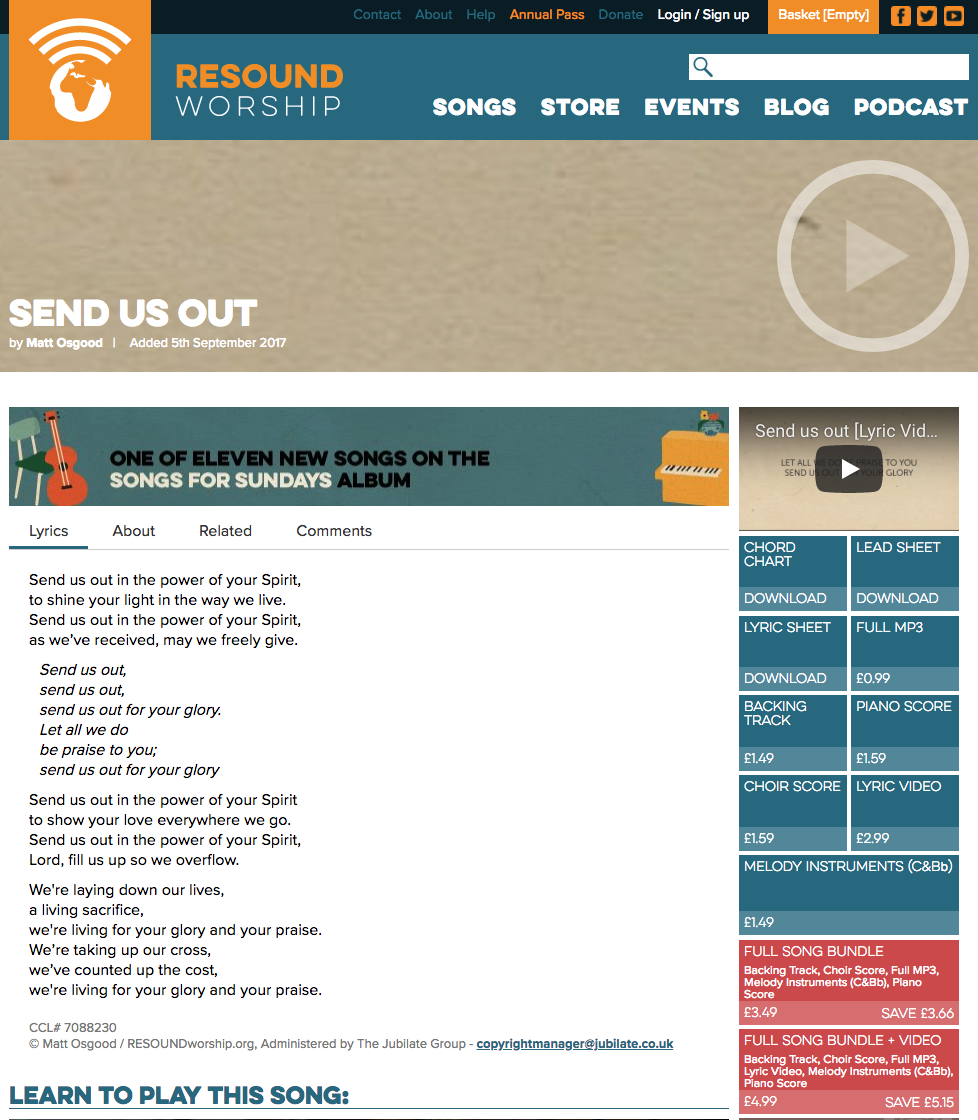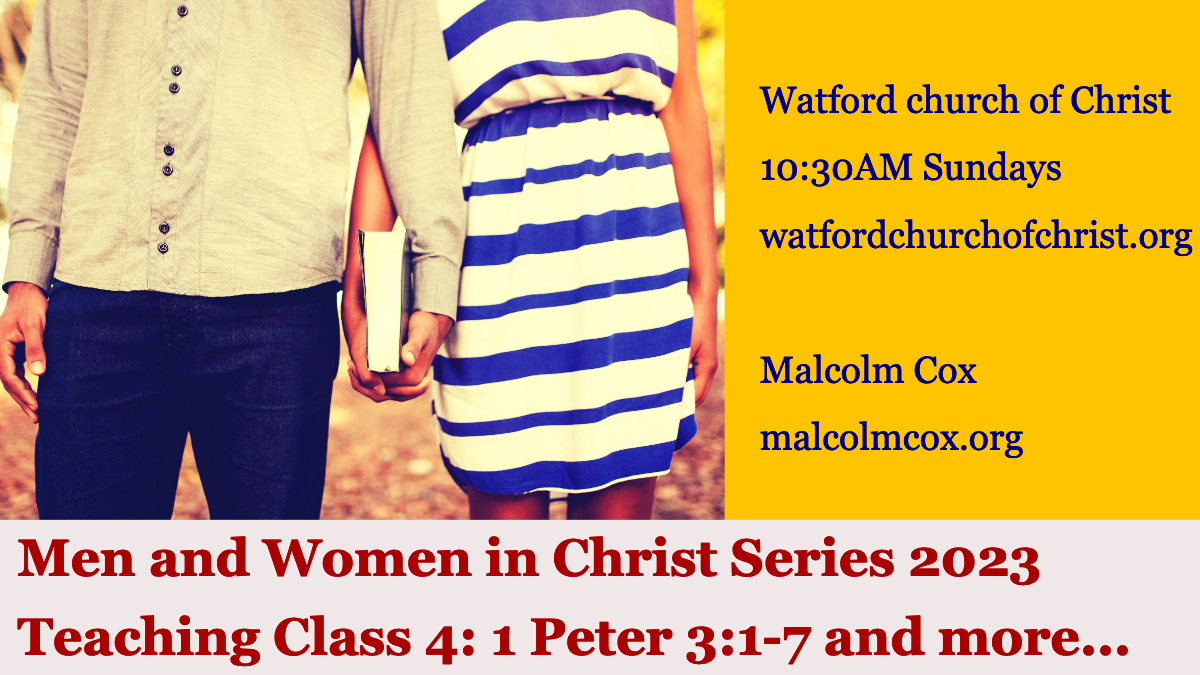“Blessed are the merciful ” | Malcolm Cox

Introduction
What would it be like to preach and teach through the filter of the beatitudes? What would the impact be on us as speakers and our congregations as listeners? Today, we will look at the fifth beatitude:
“Blessed are the merciful, for they will be shown mercy.” (Matthew 5:7 NIV11)
The fifth beatitude follows naturally from the first four: ““Blessed are the poor in spirit, for theirs is the kingdom of heaven. Blessed are those who mourn, for they will be comforted. “Blessed are the meek, for they will inherit the earth.” (Matthew 5:3–5 NIV11). “Blessed are those who hunger and thirst for righteousness, for they will be filled.”(Matthew 5:6 NIV11)
Meekness precedes mercy. Only the meek are aware of their sinfulness and fully grasp the wonder of the mercy of God and are therefore able to show mercy to show mercy to others. Indeed, they will delight in showing mercy.
- The Meaning in the context of the Gospel
- Mercy is an emphasis in Matthew: Matt 6:12, 14–15; 9:13; 12:7; 18:21–35; 23:23. If you want more teaching on mercy you might want to study the book of Romans in particular.
- God is merciful and enjoys showing mercy. “God, who is rich in mercy,” (Ephesians 2:4 NIV11)
- Our example is Jesus – merciful on the cross (see also Stephen, Acts 7). Onesiphorus is held up as a person of compassion who can look forward to God’s mercy (2 Tim 1:16). Other examples of merciful people in the Bible include: Abraham rescuing Lot, Joseph forgiving his family, Moses with Miriam’s leprosy, David sparing Saul.
- The Meaning for a preacher/teacher
- A preacher or teacher fully invested in mercy will not use the pulpit as an opportunity for revenge.
- An unmerciful preacher or teacher cannot see themselves as in need of mercy so cannot receive it – see Pharisee / tax collector (Luke 18:10ff). The tight-fisted have a closed fist and are unable to receive anything from another.
- A merciful person recognises their own need for mercy and so shows it to others. In showing it to others we become more aware of our own need for mercy – and so the virtuous spiral continues. It’s a spiral and not a circle because the more mercy we show the more mercy we receive and the more Christ-like we become.
- A merciful preacher/teacher will not stand above their audience. They will stand alongside to assist. Speaking in community makes us merciful, “For in the same way you judge others, you will be judged, and with the measure you use, it will be measured to you.” (Matthew 7:2 NIV11)
- In preparation
- Ask yourself these questions
- In what way does this text reveal the mercy of God?
- In what way does this text show us how to be merciful to other people?
- Pray about your conclusions, asking God to help you live out the fruit of your study this week.
- Look for opportunities to be merciful to people
- Ask yourself these questions
- In presentation
- Remember you are a Christian preacher and teacher talking about Christ. He is merciful. Make sure you convey his love of being merciful.
- “For this reason he had to be made like them, fully human in every way, in order that he might become a merciful and faithful high priest in service to God, and that he might make atonement for the sins of the people.” (Hebrews 2:17 NIV11)
- “Let us then approach God’s throne of grace with confidence, so that we may receive mercy and find grace to help us in our time of need.” (Hebrews 4:16 NIV11)
- Do you enjoy showing mercy or are you reluctant to do so? It is easier to preach judgment, than mercy.
- During his lifetime, needy person after needy person cried out to Jesus for mercy. When they saw him they trusted that he had the capacity and the willingness to be merciful. Reveal this Jesus to your hearers.
- “A bruised reed he will not break, and a smouldering wick he will not snuff out, till he has brought justice through to victory.” (Matthew 12:20 NIV11)
- Remember you are a Christian preacher and teacher talking about Christ. He is merciful. Make sure you convey his love of being merciful.
Conclusion
Benefits for us and our hearers:
- We speak with humanity and humility
- We reveal the heart of Christ to our hearers
- We inspire and motivate our hearers to Christ-likeness
Next week we will get into the sixth Beatitude, but for today I’d like to know what you think. How can we preach and teach in a way that is informed by the fifth beatitude?
What kinds of questions does this bring to your mind regarding preaching and teaching? Why not pray over the beatitudes, asking God to reveal how they can flavour your speaking? If God reveals anything to you, please drop me a line.
Please add your comments on this week’s topic. We learn best when we learn in community.
Do you have a question about teaching the Bible? Is it theological, technical, or practical? Send me your questions or suggestions. Here’s the email: malcolm@malcolmcox.org.
If you’d like a copy of my free eBook on spiritual disciplines, “How God grows His people”, sign up at my website: http://www.malcolmcox.org.
Please pass the link on, subscribe, and leave a review.
“Worship the LORD with gladness; come before him with joyful songs.” (Psalms 100:2 NIV11)
God bless, Malcolm




